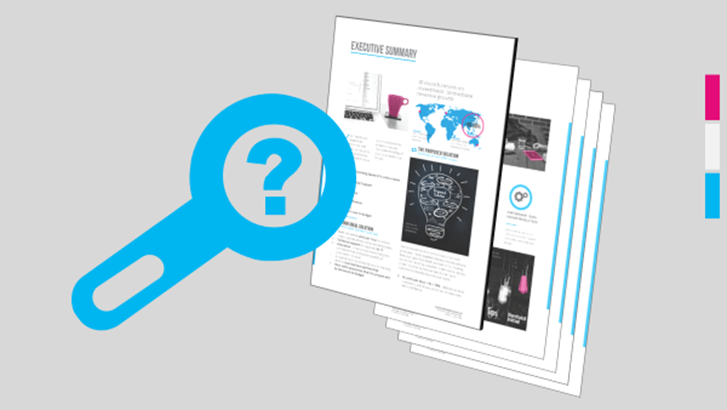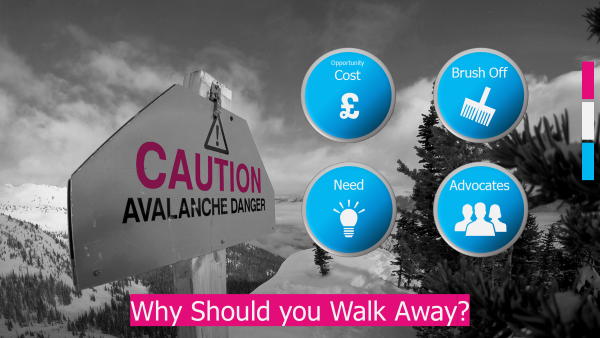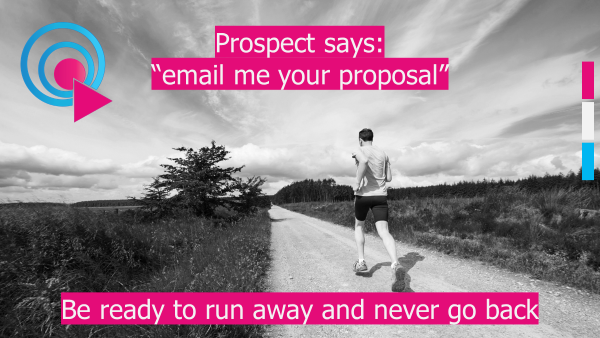Get Ready to Walk
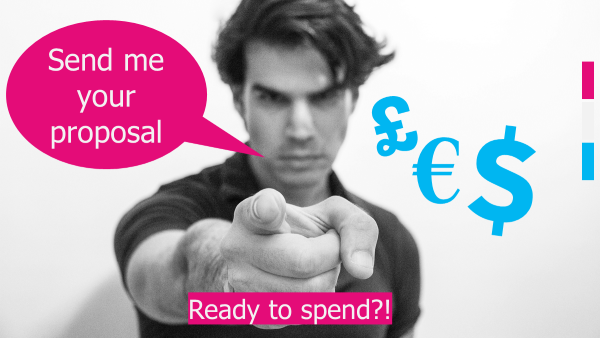 At the end of your sales meeting or call your prospect says: “email me your proposal”.
At the end of your sales meeting or call your prospect says: “email me your proposal”.
Great!
So, now’s the time for you to update your sales pipeline and tell your boss that a nice, juicy deal is just around the corner.
But hold on – not so fast!
In fact, whenever someone asks for your proposal your inner voice should be screaming at you …
… to walk away and never go back.
Why Should you Walk Away?
1. Opportunity Cost. Developing good proposals is expensive and time consuming with a huge opportunity cost. Could you be winning easier, more profitable business instead of spending valuable selling time working on this proposal?
2. Brush off. Your “prospect” almost certainly just wants you to go away and stop bothering them. You’ve been wasting his time and now he wants to waste yours. “Send me your proposal” is usually a ploy to get you off the phone or out of the building and that’s the last you’ll hear of them.
3. Need. Are you properly engaged in a sales process that both you and your prospect have entered into freely and willingly? If you have then a proposal may be totally unnecessary. Once genuine trust and understanding is established between seller and buyer during earlier discussions and correspondence there should be no need for a fancy, unnecessary proposal document.
4. Advocates. Better to work with key influencers within your prospect account and have them sell your ideas on your behalf, thereby avoiding the need for you to write a proposal. Decision makers are far, far more likely to buy on the basis of the strong recommendations of respected colleagues rather than on the basis of cold, dead paper, no matter how many pretty graphics you’ve included!
But Proposals are Legitimate Sales Tools
Despite all this, proposals are a legitimate sales tool and you have to have them in your sales arsenal …
… but use proposals only under very specific circumstances.
And of course, formal tender processes, such as public sector procurements will absolutely necessitate proposal creation.
But proceed to the proposal phase only once you have properly qualified the opportunity formally.
Always qualify hard and only progress to proposal if the numbers are clearly telling you to go for it on this occasion.
Under these circumstances, and only under these circumstances, is developing a proposal the right thing to do.
And then you will want to deliver the winning proposal. But that’s all for another day!
The core message here is this: proceed with a level of caution verging on contempt.
Turn the Tables – Oblige your Prospect to Commit
Younger, inexperienced sales people in particular are often too ready to cave in and dash off to start writing something up.
Consider taking a look at the behaviours of older, more experienced, and more successful colleagues. And talk to them, even if they might come across as too busy or too scary!
The best sales guys don’t waste time on unnecessary proposals. They focus their time on real business opportunities.
And when asked to send in a proposal they will turn the tables and request reciprocal, binding commitments from the prospect before even thinking about submitting a proposal.
Summary
1. Opportunity cost – is spending time now developing a proposal the most profitable use of your time and your firm’s time?
2. Qualify hard – don’t just follow your heart! Put the opportunity through a formal, pre-defined qualification process
3. Understand and agree the underlying business need – a proposal is usually a one-way offer, from you to them. Successful bu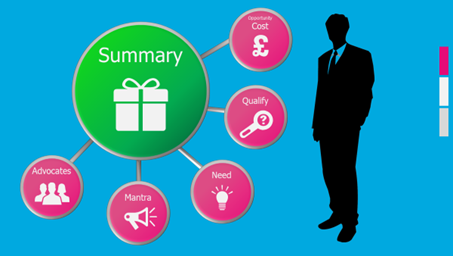 siness is a two-way partnership where a proposal is likely to be quite superfluous.
siness is a two-way partnership where a proposal is likely to be quite superfluous.
4. New mantra – when a prospect says: “email me your proposal” your mantra should be: “I’ve reached the end of the line with this time-waster”. At this point there is nothing for you to lose. Turn the tables on them; ask your prospect some direct questions and seek to place requirements on them!
5. Advocates – work with key influencers within your prospect account and have them sell your ideas on your behalf – you will hit and exceed your sales targets more reliably when key contacts within your targeted accounts are selling on your behalf.
Run … or Get their Commitment!
If you need help to define and establish your bid / no bid criteria or to develop best-in-class proposals come to us – we are here to help!
But remember: when a prospect you hardly know says “email me your proposal” get ready to turn around and run or ask for some very specific commitments in return that will move you towards closing a real deal.
Watch the full video here

